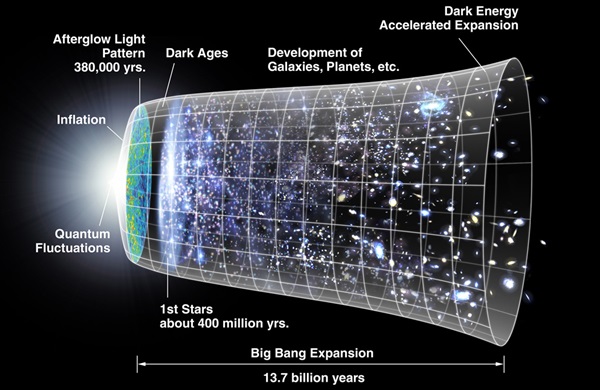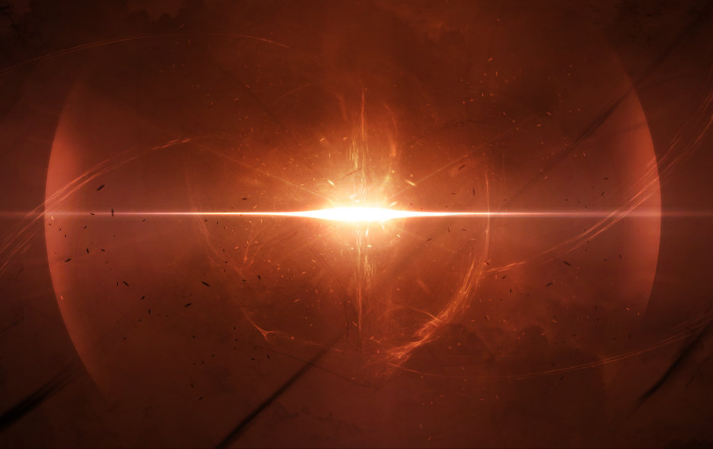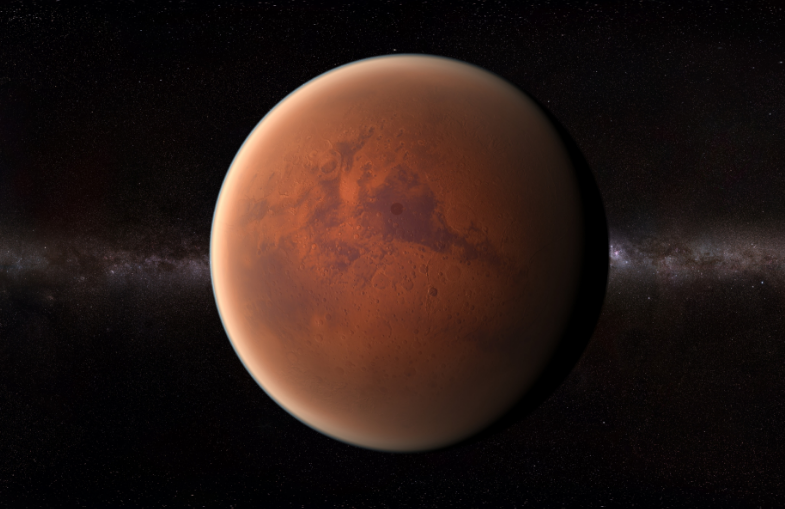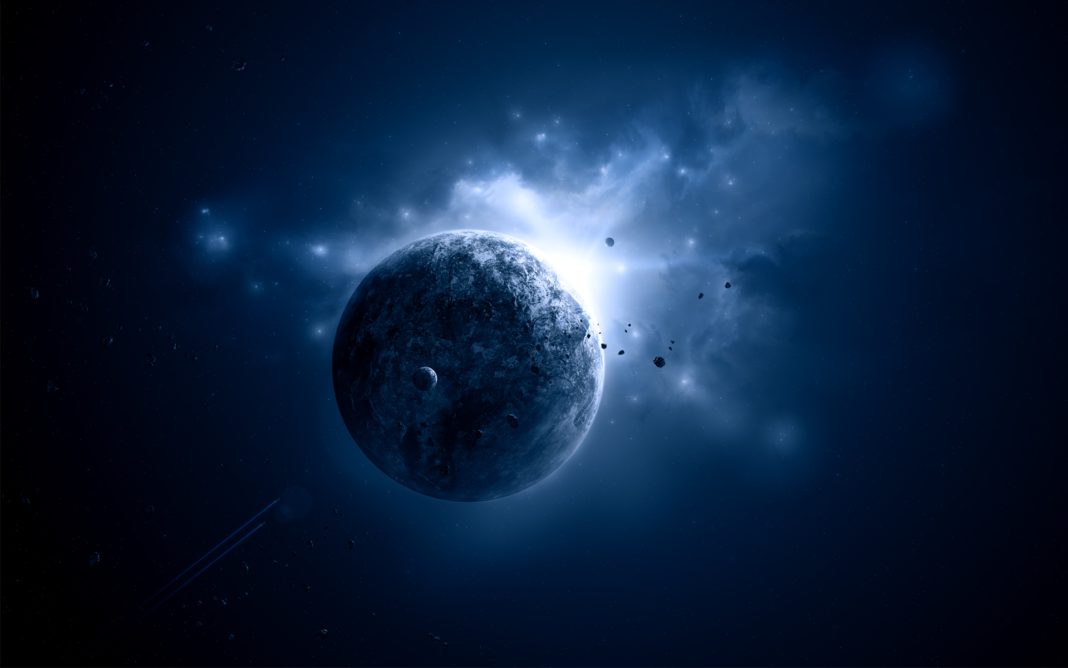One thing that’s always puzzled physicists is how the universe didn’t collapse immediately after the Big Bang. According to the studies carried out involving the Higgs particle, the production of these during universe’s accelerating expansion should have caused a great instability leading to an eventual collapse, but it didn’t. Why is that?
Some theories suggest that there must be some undiscovered branch of physics responsible, but a group of physicists from Imperial College London and the Universities of Copenhagen and Helsinki suggest its much simpler than that. According to them, it’s the space-time curvature that allowed the universe to survive the Big Bang.

During their research, the team investigated how the Higgs particles and gravity interacted with one another and found that even a slight interaction would have been enough to keep things stable and protected against decay. “The Standard Model of particle physics, which scientists use to explain elementary particles and their interactions, has so far not provided an answer to why the universe did not collapse following the Big Bang,” says Professor Arttu Rajantie from the Department of Physics, Imperial College London.
“Our research investigates the last unknown parameter in the Standard Model — the interaction between the Higgs particle and gravity. This parameter cannot be measured in particle accelerator experiments, but it has a significant effect on the Higgs instability during inflation. Even a relatively small value is enough to explain the survival of the universe without any new physics!” He continued, “Our aim is to measure the interaction between gravity and the Higgs field using cosmological data. If we can do that, we will have supplied the last unknown number in the Standard Model of particle physics and be closer to answering fundamental questions about how we are all here.”
More News to Read











